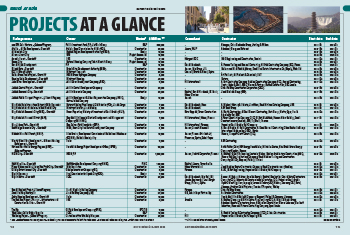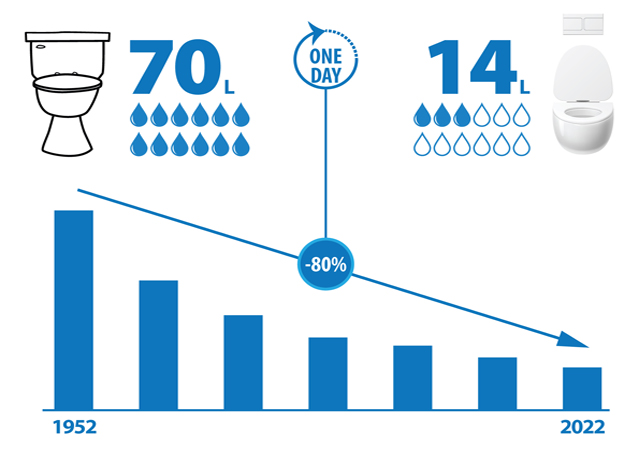
 Jordan ... how to avoid unnecessary damages.
Jordan ... how to avoid unnecessary damages.
Let's take it as read that, in the Middle East, on-demand bonds are the preferred type of performance security, as opposed to a default bond or another form of guarantee. We have looked before at whether this is always the best option for all concerned, even for the employer as beneficiary. However, the appetite for on-demand security remains high, so we should maybe look at ways of avoiding the more extreme consequences of calling such a bond.
The main potential problems arise from the consequences of a “bad call”, that is, a demand which is effective in triggering payment, but where it turns out that the beneficiary did not suffer a loss – at least not a loss equal to or greater than the sum called, and/or not attributable to a breach of the underlying contract. This situation excludes fraudulent bond calls which, universally, are not effective calls and should not trigger a payment in any event.
This “bad call” problem arises because the underlying merits of a call are simply not tested under an on-demand bond. Of course, that is precisely the attraction for many employers who just want “no questions” payment.
However, the question of merit doesn’t go away – it is left for later on when serious consequences for the contractor will likely have been suffered. These might be barriers to prequalification, breach of banking covenants and, of course, in having to make the provider whole under the counter indemnity. The employer’s “quick fix” can turn into a world of trouble if it turns out that he has made a bad call and the contractor is looking to recover much larger sums as compensation for the damage done.
So, if we accept that employers will mostly continue to want on-demand security, what measures can be put in place to guard against a bad call? The most common measures are aimed at getting the employer to think about the consequences in advance.
The first is to make the downside of a bad call as clear as possible, with the consequences explicit in the underlying contract. The Fidic main contracts are strong on this point. They do not prescribe what type of performance security should be put in place – the annexes include example on-demand forms as well as default guarantees. However, Clause 4.2.2 of the Silver Book Second Edition (as our example) states:
“The Employer shall not make a claim under the Performance Security, except for amounts to which the Employer is entitled under the contract in the event of…”
There follows a list of contractor failures and termination events, including the contractor’s failure to pay sums to the employer which have been agreed as payable or have been subject of a determination or dispute board decision or arbitral award.
In other words, a call on an on-demand bond, which is successful in terms of releasing a payment, will nevertheless be a breach of contract if the employer has not established, in one of the ways prescribed, that the contractor is in default in relation to a sum owing. For this reason, many employers would refuse to agree this provision, on the basis that it undermines their on-demand entitlement; opening a potential route for a contractor to challenge a call or to make a pre-emptive injunction application. The grounds for those concerns will depend on the bond wording and its governing law – possibly also the applicable law in the place where the call is made. A subject for another day.
Clause 4.2.2 continues:
“The Employer shall indemnify and hold the Contractor harmless against and from all damages, losses and expenses (including legal fees and expenses) resulting from a claim under the Performance Security to the extent that the Employer was not entitled to make the claim.”
A sobering prospect.
One further measure is the incorporation of standard rules on calling of security, for instance the Uniform Rules for Demand Guarantees 2010 Publication No. 758 (URDG 758). These rules seek to bring clarity to the management of bonds – covering notification, amendments, assignment, expiry and (most important for our purposes) demands. Article 15 requires that the beneficiary, on making a call, shall include a written statement concerning the contractor’s default. Of course, parties need to be aware of the risks in incorporating rules like this which are not individually expressed on the bond itself – they can be missed.
Most importantly, neither of the above measures undermines the on-demand benefit – indeed, URDG 758 makes clear that the provider needs to be concerned only with the apparent correctness of a demand – but these measures might give an employer-beneficiary cause for thought before making its call, and unnecessary damage can be avoided.
* Stuart Jordan is a partner in the Global Projects group of Baker Botts, a leading international law firm. Jordan’s practice focuses on the oil, gas, power, transport, petrochemical, nuclear and construction industries. He has extensive experience in the Middle East, Russia and the UK.










 BIG.jpg)

.jpg)

























.jpg)












